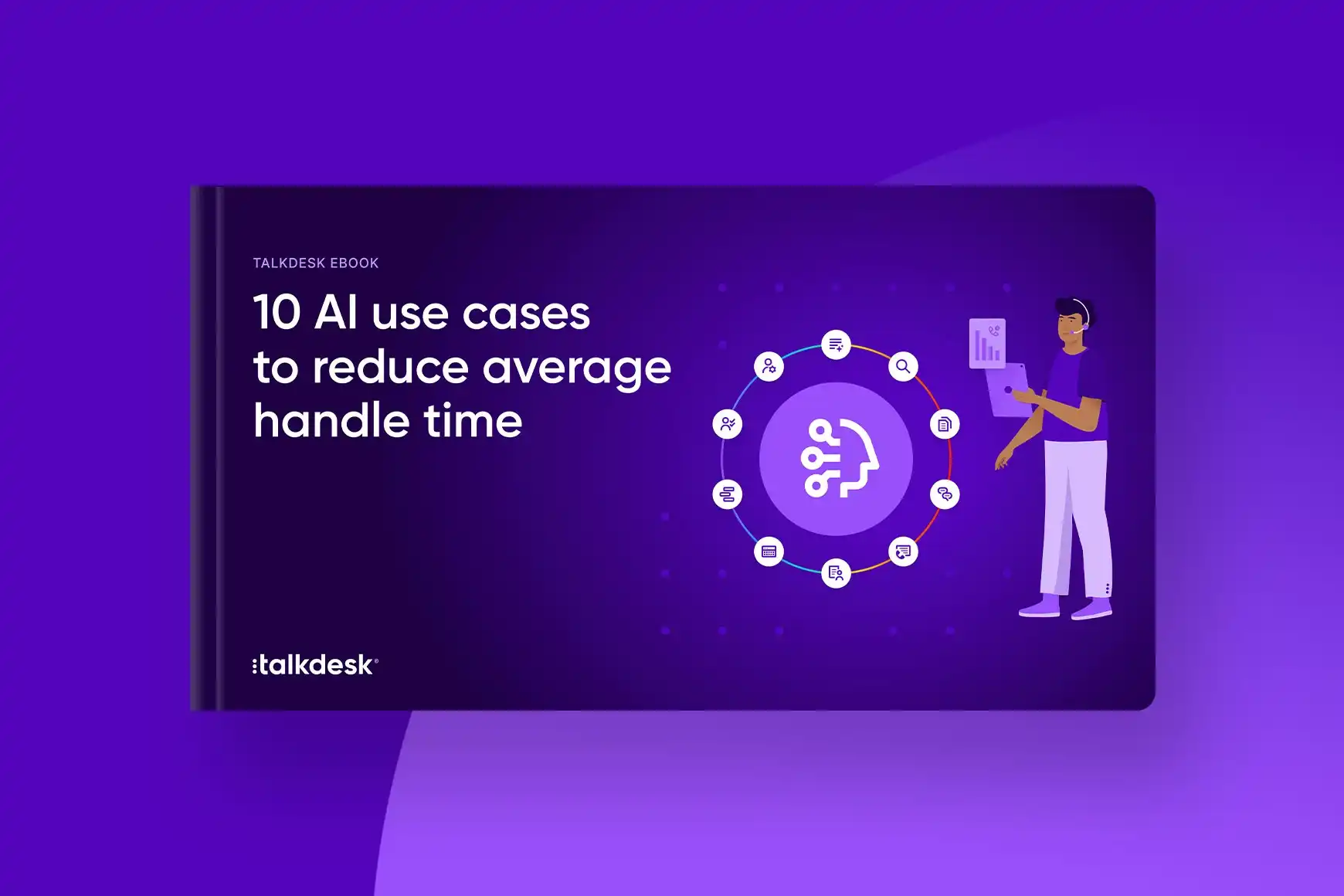10 Causes of Low Service Level in the Call Center

By Shauna Geraghty
0 min read

Understanding the Causes of Low Service Level in the Call Center
There are many factors that can contribute to a decline in service level. In order to make effective decisions to enhance service level, you must first understand what factors affect it. Below are the 10 most common causes of low service level:
1) Low Schedule Adherence
Schedule adherence is a benchmark that measures whether or not agents show up to work on time, start fielding calls when expected, take breaks at appropriate times and go to lunch according to schedule. Low schedule adherence affects service level because when the number of agents fielding calls is different from what is expected, the team will be less capable of handling call volume changes.
2) High Absenteeism
Absenteeism is defined as the number of days an agent doesn’t come to work due to illness and unauthorized absences. High absenteeism rates results in fewer agents fielding calls and an inevitable decline in service level if management cannot make adjustments accordingly.
3) Calls Take Longer Than Expected
When calls take longer than expected, more agents will be tied up with callers and service level will decline. When your company has product issues (i.e. your website goes down, there is a bug in your software, your new product is glitchy, etc.), training issues (i.e. agents aren’t fully prepared to meet customer’s needs), when unexpected events occur (i.e. your servers go down due to a power outage, your sales team can’t be in the field due to a natural disaster, etc.) or when you have many new agents fielding calls, calls will take longer than expected and service level will decline.
4) Inaccurate Call Forecasting
Call forecasting is a complex task that requires taking into account call history, company promotions, product bugs, seasonal rushes, day of the week, time of day, holidays, etc. It is critical for staffing and scheduling and will have a large impact on service level. If call volume is higher than predicted, there will not be enough agents on staff to field all calls and service level will decline.
5) Less Than Optimal Scheduling
Scheduling agents is also a complex task that involves taking into account vacation days, sick days, historical call volume and promotions as well as amount of time spent on calls, breaks, after call work, providing support on different channels (i.e. chat, email, phone, social media, etc.) and in meetings. When scheduling doesn’t take into consideration all factors that might affect agents while they are at work as well as accurately predict call volume fluctuations, scheduling may be less than optimal and service level will likely decline. Additionally, the more strict and rigid the schedule, the less likely staff will be able to handle changes in call volume and service level will decline. Having some flexibility in scheduling is very helpful when call volume increases unexpectedly and having a few more hands on deck is all that is needed to keep service level high.

EBOOK
10 AI use cases to reduce average handle time
Download our eBook now and take the first step towards enhancing your contact center’s efficiency.
6) High Agent Attrition Rates
Agent attrition is the percentage of call center agents who leave their position (i.e. are fired, quit or promoted) during a given period of time. High agent attrition rates can negatively impact service level for two reasons: 1) when a large number of agents leave their position, it becomes challenging for management to fill their positions, the number of agents fielding calls declines and as a result, so does service level; 2) when management fills their positions with new agents, they take longer to resolve issues, longer to finish after call work and in general are less efficient than more seasoned staff, thus service level will decline.
7) Unplanned call fluctuations
When call volumes and durations fluctuate during the day in a pattern that is unpredictable or unanticipated, adjusting staff to accommodate these fluctuations can be challenging. Call centers that don’t have agents on call to handle overflow calls or that are more rigid in their scheduling (i.e. agents don’t easily accommodate these fluctuations by skipping breaks or staggering lunch times) are less likely to handle these call fluctuations and service level will decline.
8) Unscheduled meetings
Call centers, like any workplace, are not immune to the occasional, last-minute emergency meeting. When these unscheduled meetings occur, this takes agents off the floor and service level will decline.
9) Long after call work (wrap-up) time
After call wrap up time is the amount of time that an agent takes to finish all tasks associated with the call. These tasks may include updating the database, helpdesk or CRM; completing paperwork; collaborating with a colleague; sending an email; updating a calendar, etc. Agents who are engaging in after call work are typically not available to field calls until they finish. Thus, long after call wrap up times will decrease the number of agents available to field calls at any given time and service level will decline.
10) Less than optimal call center software
Call center software can have a major impact on service levels. Call center software that is difficult to navigate, doesn’t integrate with business tools, doesn’t have an efficient call routing system, has less than optimal waiting queue configurations or that doesn’t have real-time reporting can cause even your best agents to be less efficient and effective. The more time they spend updating multiple business tools; trying to transfer the call to the correct department; searching through your CRM, helpdesk or back office solution for information about the customer or trying to figure out which call to take from the waiting queue, they less available they will be to field calls and service level will decline.
The 10 factors listed above can all have a major impact on service level. If your company is guilty of one or more of the above factors, check out our ebook to help get back on track to achieving your service level objective.






